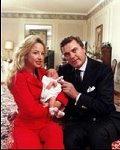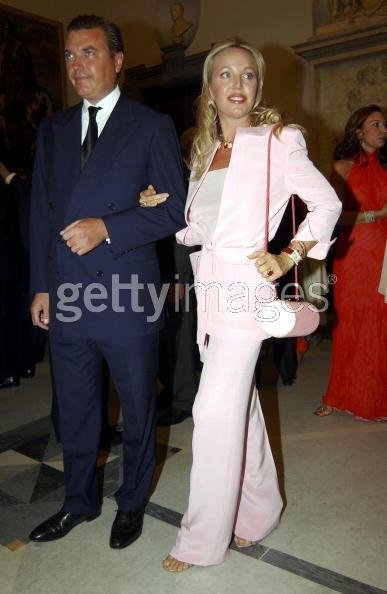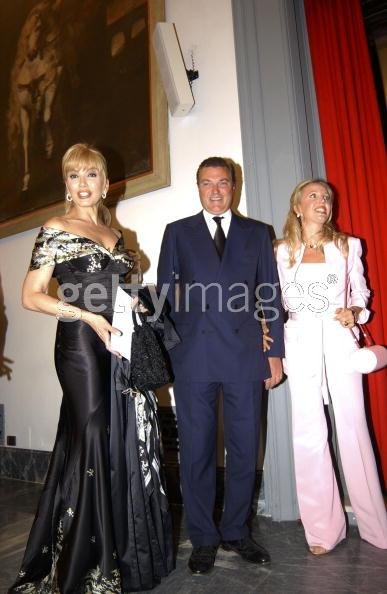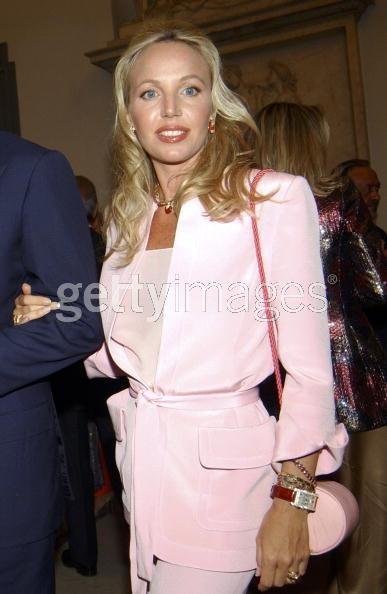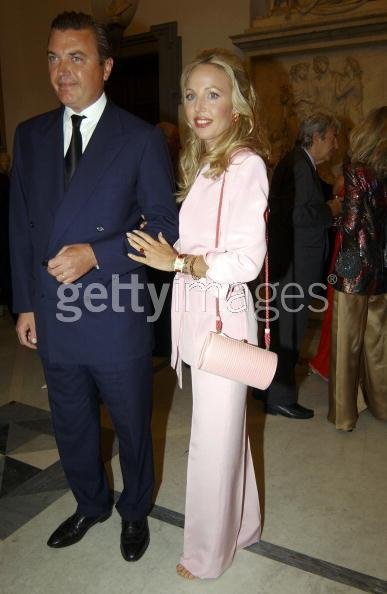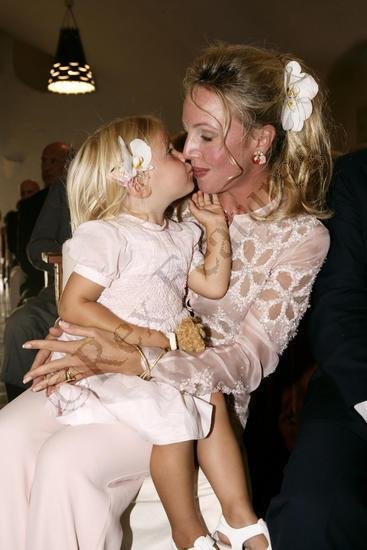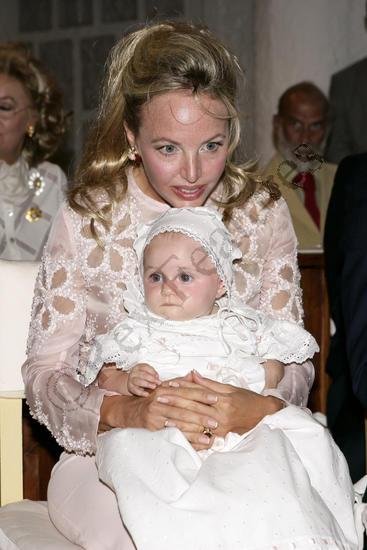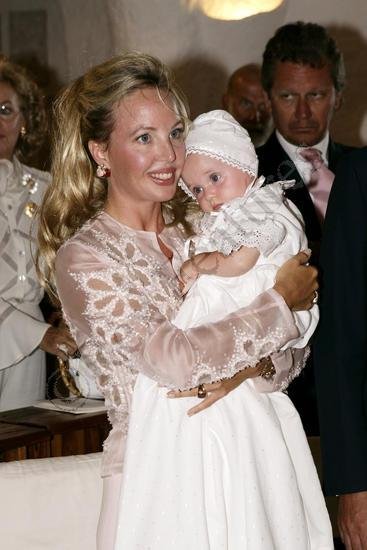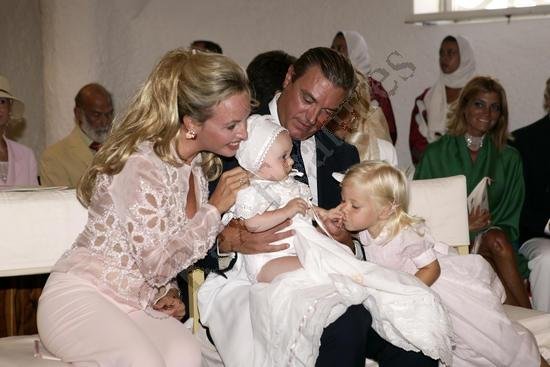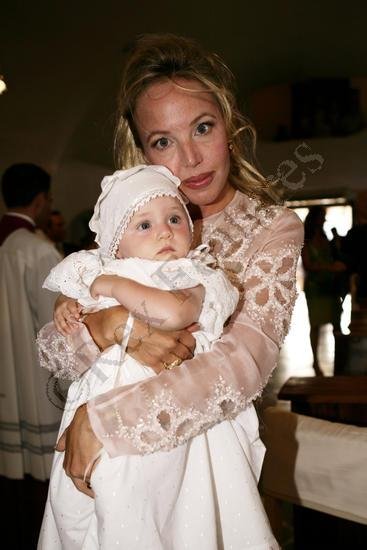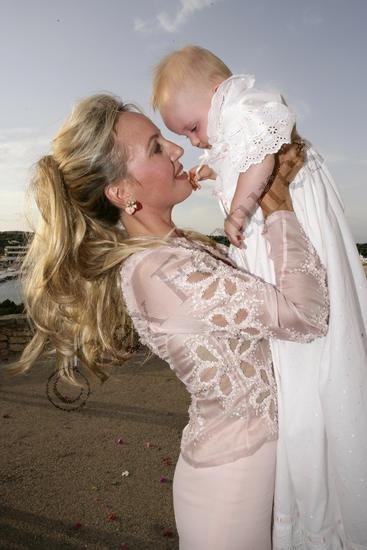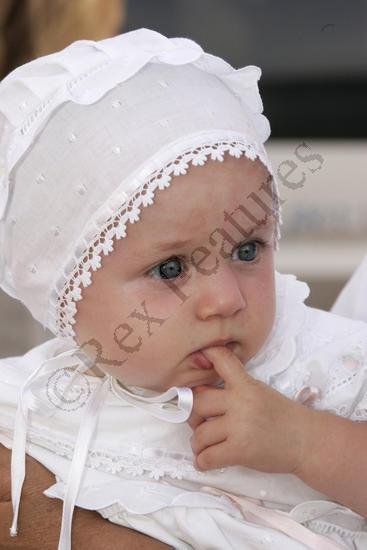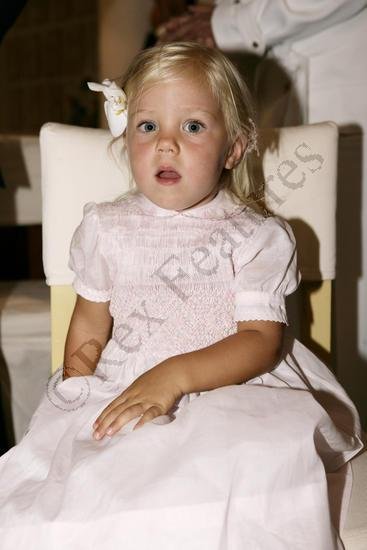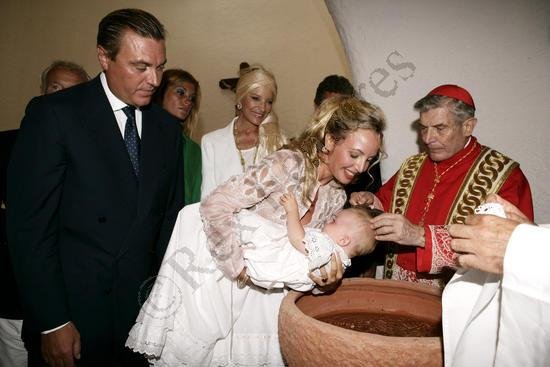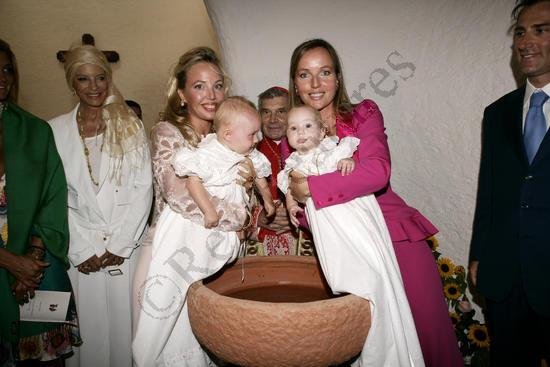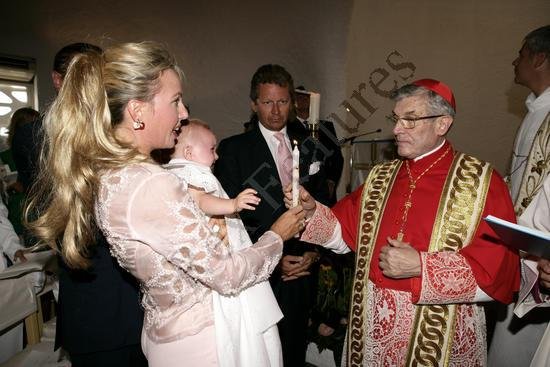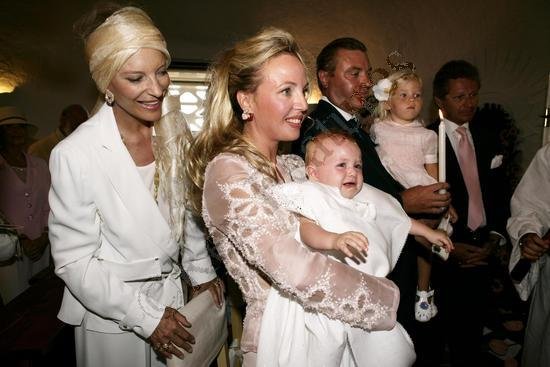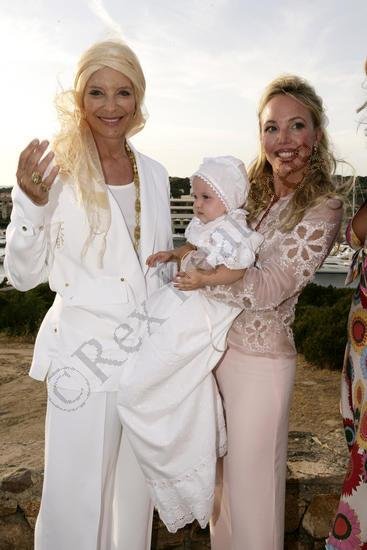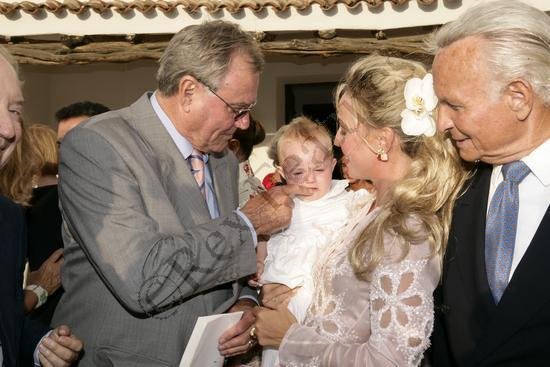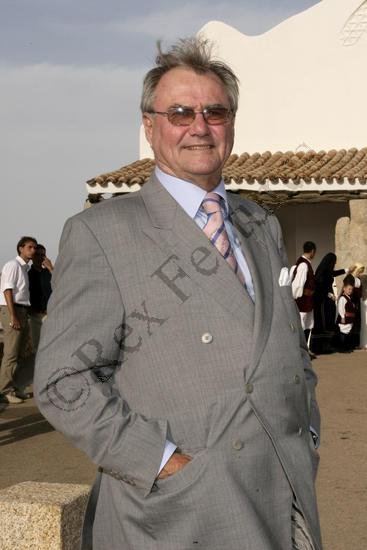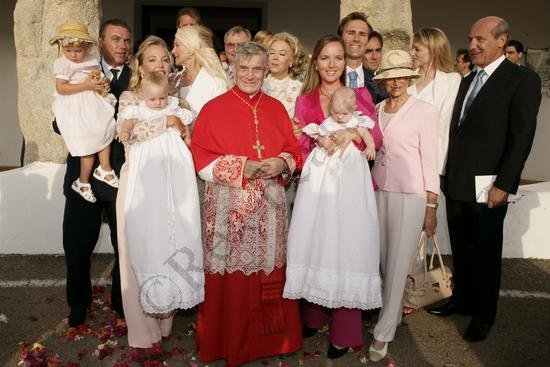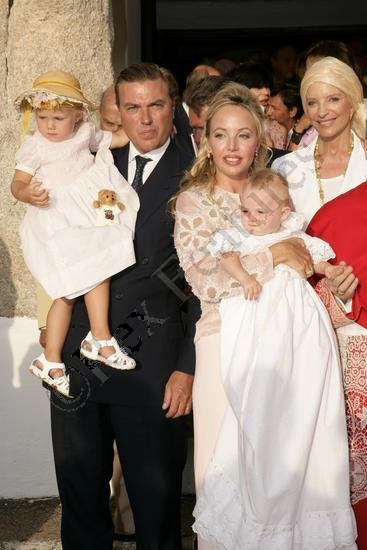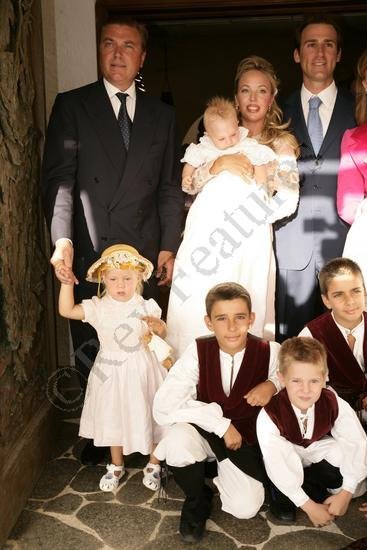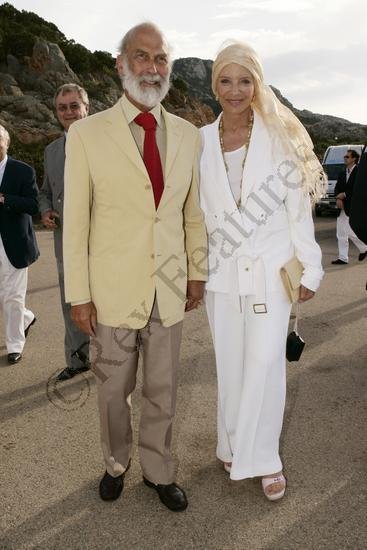I think it's perfectly understandable to call the dispute a full-fledged controversy; two branches of the family are claiming to be the senior line of the Royal House of the Two Sicilies. That's controversial!

The origins of the dispute go back to the year 1900, when Prince Charles of Bourbon-Two Sicilies, second son son the Head of the House, Prince Alfonso, Count of Caserta, signed the Act of Cannes, in which he renounced, for himself and his descendants, his position in the Two Sicilies succession. He did this in order to marry the Infanta Maria Mercedes of Spain, sister of King Alfonso XIII and, at that time, the heiress-apparent to the Spanish throne. Upon renouncing his rank and titles in the Two Sicilies succession, he was made a member of the Spanish Royal House with the title of Infante and the qualification of Royal Highness, and a Spanish subject. His own father the Count of Caserta would not allow him to keep his rank as a Sicilian prince under these terms. For the newly created Infante Don Carlos of Spain, it presented few problems as his older brother Ferdinando Pio, Duke of Calabria was expected to inherit the claim and it was assumed he would have children; if not, there were younger brothers in the family to carry on the Two Sicilies succession.
As fortune would have it, Ferdinando Pio died without issue in 1960. For several years, as it was obvious that the childless Duke of Calabria would have no sons, he regarded his younger brother Prince Rainieri, Duke of Castro, as his successor. However, his nephew Infante Don Alfonso of Spain, son of the late Don Carlos, dismissed his father's renunciation, stating that it had been conditional, and only in effect in the case that his mother, Infanta Maria Mercedes, had succeeded to the throne of Spain (which she obviously did not). Althought he verbage of the Act of Cannes had set forth no such condition, Don Juan, Count of Barcelona and Head of the Royal House of Spain supported Don Alfonso's contentions, as did Spain's dictator, Gen. Francisco Franco, although it is notable that in giving this recognition neither Don Alfonso nor his son the Infante Don Carlos, the current pretender to the title Duke of Calabria, were obliged to give up their status and rank in the Spanish Royal House nor their citizenship as a result. So while they dismissed the Act of Cannes as a dead issue, they continue to enjoy the rights and privileges it bestowed on them. Don Alfonso died in 1964, and his son Don Carlos has styled himself "Duke of Calabria" and Head of the House since then. True, he married a daughter of the late Comte de Paris, yet her father did not recognize his claims to the headship of the Royal House.
However, most of the knights of the various Bourbon-Two Sicilies chivalric orders, most notably the Constantinian Order of St. George, honored the legality of the Act of Cannes and recognized Prince Rainieri, Duke of Castro, as the legitimate successor to the late Duke of Calabria as Head of the Royal House and Grand Master of the chivalric orders in 1960. He died in 1973, and was succeeded by his son Prince Ferdinando, Duke of Castro; it is his son, Prince Carlo, also styled Duke of Calabria, who is the father of the little Princess Maria Carolina who was recently baptised at the Palace of Caserta. Europe's royals turned out in large numbers for the event, with the notable exception of Spain's royal family.





